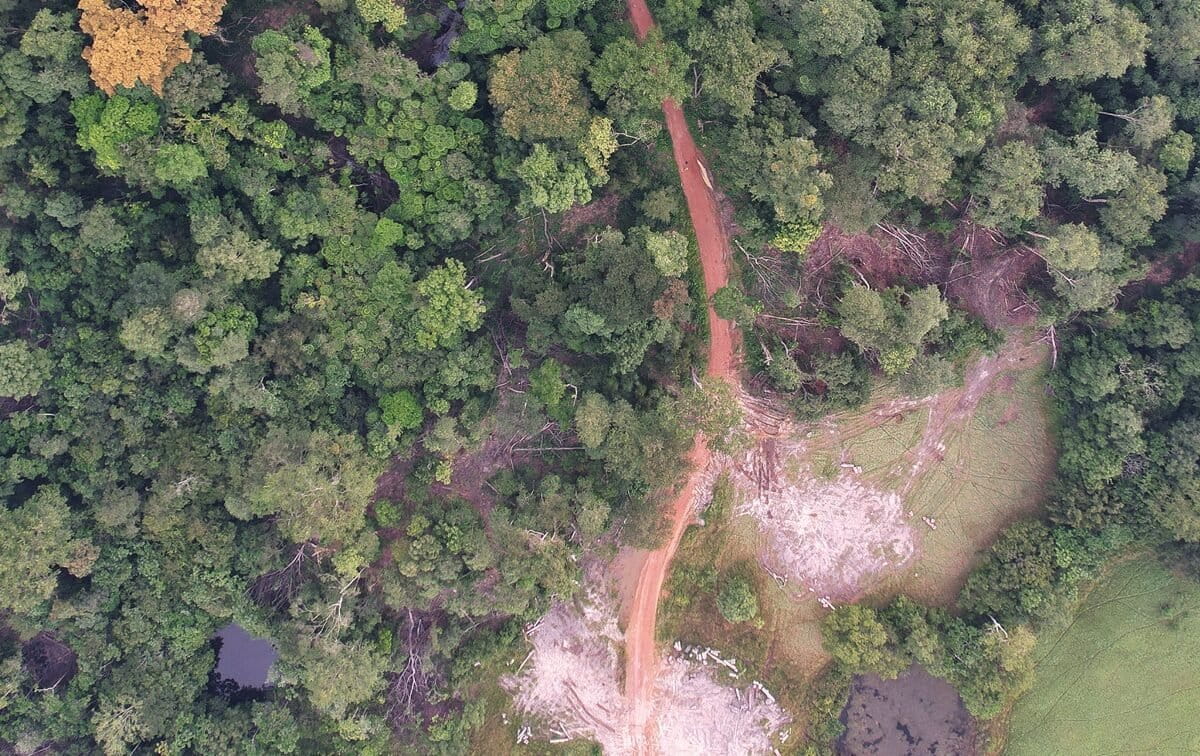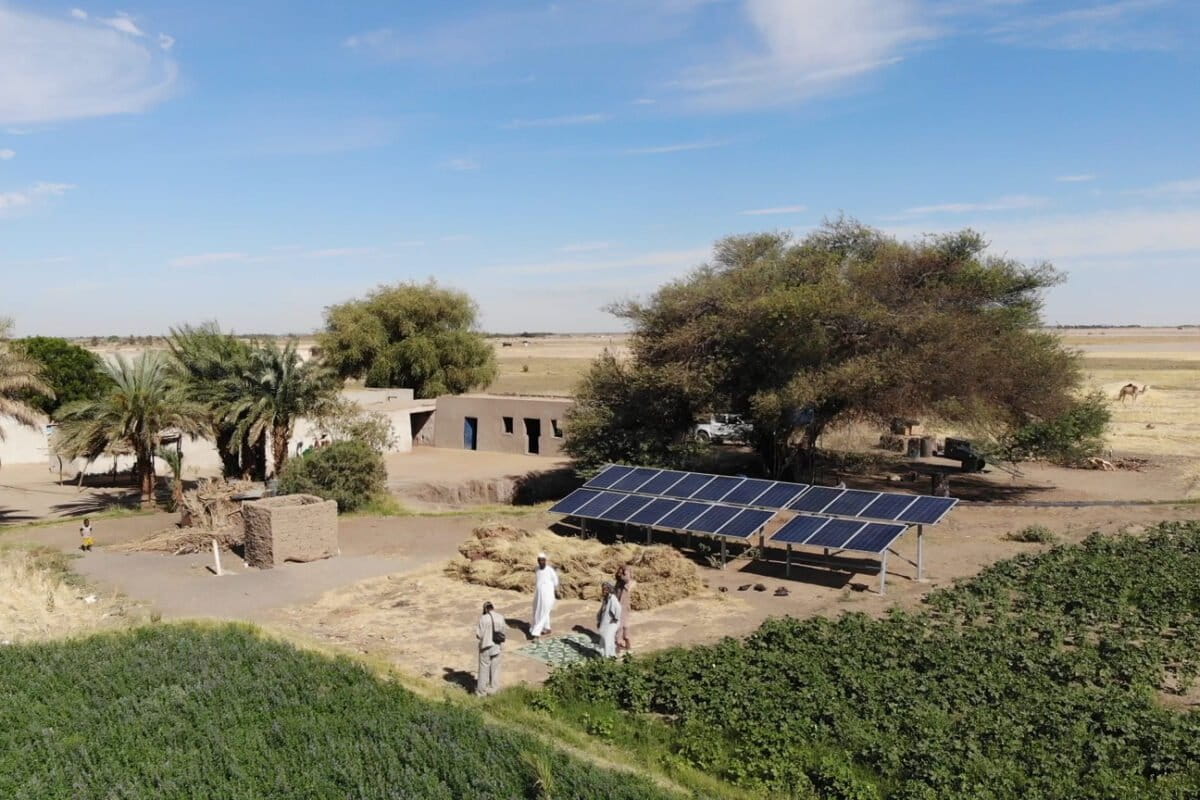Global warming to worsen ocean dead zones, hurt fisheries
mongabay.com
May 1, 2008
Warming oceans will worsen oxygen-deficient or hypoxic dead zones, affecting ecosystems and fisheries, warn researchers writing in the journal Science.
Constructing a 50-year time series of oxygen concentration in tropical oceans, Lothar Stramma and colleagues show that hypoxic zones have expanded significantly in the past 50 years, especially in the eastern tropical Atlantic and the equatorial Pacific.
“These trends affect carbon and nitrogen cycles, with fundamental implications for marine ecosystems and thereby fisheries resource management issues,” the authors write. “Given
climate model projections, and the geological record that indicates times of widely distributed suboxic regions, sustained global ocean measurements of dissolved oxygen concentrations are needed… to more closely monitor variations in the strength and extent of the oxygen-minimum zone.”
While climate-driven oxygen depletion results from the reduced capacity of warm water to store oxygen, hypoxia can also result from pollution. Last month a World Resources Institute study found 415 sites worldwide are suffering from over enrichment by nitrogen and phosphorus mostly as a result of agricultural runoff. Such over enrichment, or eutrophication, can trigger algal blooms that starve waters of oxygen, creating dead zones like that which forms in the Gulf of Mexico near the mouth of the Mississippi each year.
Citation: Lothar Stramma, Gregory C. Johnson, Janet Sprintall, Volker Mohrholz (2008). Expanding Oxygen-Minimum Zones in the Tropical Oceans. 2 May 2008.














